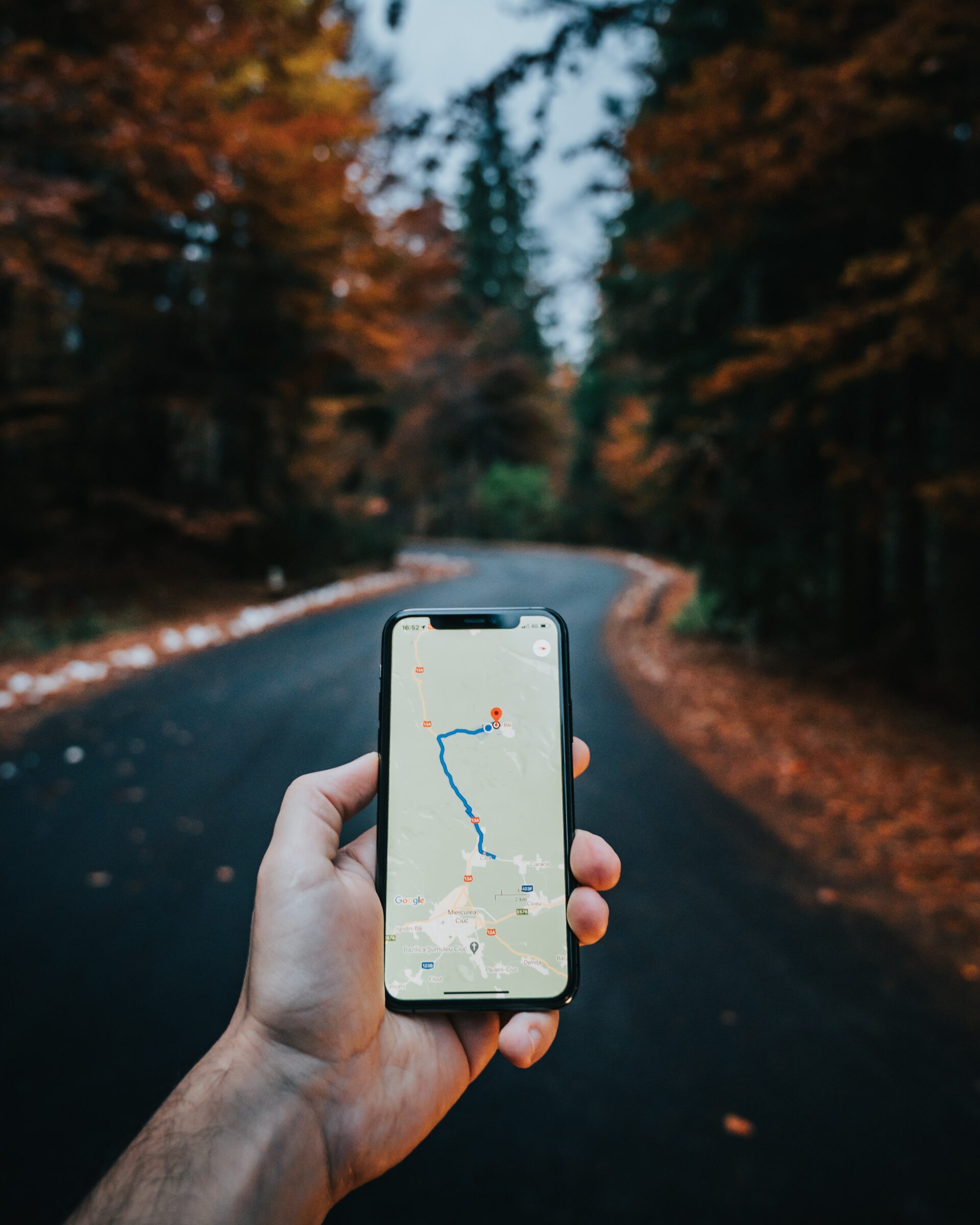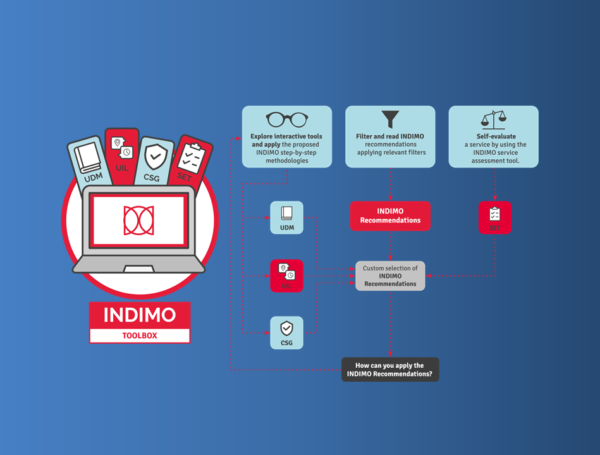By Beatriz Royo, researcher at the ZLC Zaragoza Logistic Center and pilot projects coordinator
The INDIMO Pilots have finished the last implementation phase, in which they (re)designed the digital mobility services. They have implemented the INDIMO toolbox recommendations on their services and/or applications. Pilots have tested with end-users and collected data to analyze if they achieved inclusivity and accessibility improvements over the original setup. In order to do so, most of the pilots contacted the users who participated to the INDIMO pilot phase 1 and implemented different recruitment strategies for engaging additional participants on their target profiles. The outcomes and experiences of the whole project, but especially from this final phase, helped pilots define the learnings and best practices as the main transferability messages.
All pilots have performed the three phases of the INDIMO co-creation process successfully. They have delivered valuable new application and mobility services for people with different needs and requirements.
One of the main key learnings is the importance to involve end-users of your target groups and key stakeholders such as developers, operators and the public administration in every phase of the project, from the design phase through to evaluation. Involving the target users allows for delivering a tailormade utility (e.g., service, functionality, product, app) and empowering them to increase their sense of belonging. Moreover, people who are part of the co-creation process are more willing to help with the recruitment of end-users, to disseminate and communicate results etc., creating a win-win situation.
The INDIMO-researchers acknowledge that, even though some important steps were made to close the (digital) gap, improvements still need to be made in order to provide equal access to mobility services for all people.
Unfortunately, a lot of important information on accessibility is currently not provided or locked in silos. It is therefore important to make data more accessible and open to all.
Another lesson learnt is that not only digital services but also the physical environment in cities and rural areas should be made more accessible. An interaction between the two remains indispensable.
Last but not least, to ensure that the research results are made available to the widest possible audience, all partners will communicate actively about this and will reach out to different parties that are willing to implement INDIMO project findings.
Short reports about each pilot’s phase 3 findings and lessons learnt can be found in the button links below:




